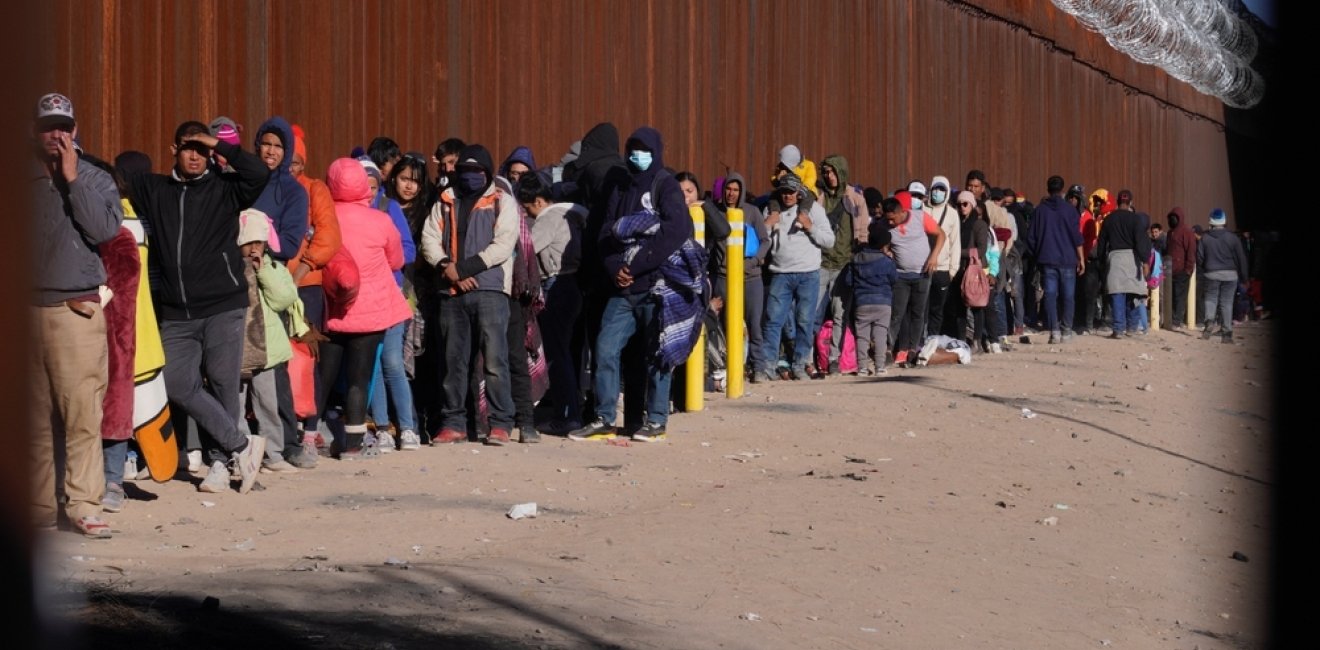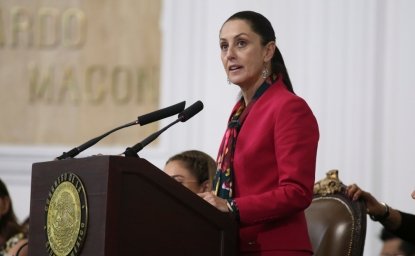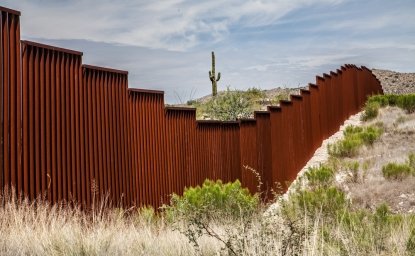Week of 03/17/2024 - 03/23/2024
Mexico and Venezuela reach migration agreement
On Thursday (03/21), Foreign Minister Alicia Bárcena announced during a press conference that Mexico and Venezuela had come to an agreement on measures to be taken to address the high numbers of Venezuelan migrants in Mexico, whose final destination is the US. According to the Secretariat of the Interior, Venezuelans were the largest national group of migrants in the country in 2023.
The plan, called Vuelta a la Patria (Return to the Homeland), is intended to facilitate the return of Venezuelans to their country of origin, and Mexico will do so by providing a monthly stipend of $110 for six months and guaranteeing employment for migrants who return to Venezuela. According to Bárcena, several large Mexican and Venezuelan companies have agreed to this program and will offer jobs for the migrants. Bárcena did not, however, specify from where the funding for the stipends will come.
As she reported on the Vuelta a la Patria plan, Bárcena implied that other similar plans are in the works with countries like Guatemala, Honduras, Colombia, and Ecuador, but she did not provide any specifics about any potential agreements with these countries.
Number of missing persons in Mexico is almost 100,000
During Monday’s (03/18) morning press conference, the Secretary of the Interior, Luisa María Alcalde, reported the latest data from the National Registry of Missing Persons, which shows that the number of missing persons in Mexico now totals 99,729, as of March 15, 2024.
Alcalde acknowledged that the register still shows that the number of missing persons is 115,000, but she told reporters that around 15,000 had either been found or their deaths had been confirmed, so they will be taken off the registry. According to Alcalde, 86% of these individuals who have been located were not victims of a crime, but were “voluntarily” absent.
To learn more about disappearances and missing persons in Mexico, particularly in relation to women, take a look at this article from the Mexico Institute.
AMLO reacts to “dehumanizing” US Supreme Court decision on Texas law
The United States Supreme Court on Tuesday (03/19) ruled to lift the suspension on a Texas law which gives police officers in Texas broad power to arrest individuals suspected of illegally crossing the US-Mexico border. The law, known as SB4, makes illegally crossing the border a state crime, giving the Texas government and law enforcement the authority in the case of illegal border crossings rather than the federal government.
In response, President Andrés Manuel López Obrador called the law “dehumanizing” and “unjust” in his morning press conference, and stated that Mexico would not accept any migrants repatriated by Texas. President López Obrador argued that the law is xenophobic and racist, and the top three presidential candidates for the June 2024 election have expressed similar views. Xóchitl Gávlez, the presidential candidate for the opposition coalition, shared via X that the law would lead to discrimination against all Mexicans and Latin American individuals living in Texas.
President López Obrador assured that Mexico will not accept the implementation of the law, but did not elaborate on a specific plan.
Energy, a key topic in presidential campaigns
As presidential campaigns continue in preparation for the June 2, 2024 general elections, the leading two candidates have revealed their plans for the energy sector, placing special emphasis on the importance of renewable energy, in their rallies and speeches this week.
Claudia Sheinbaum praised Mexico’s current energy plan under President López Obrador, her political ally, and vowed to continue to support the state-owned energy companies, Pemex and CFE. President López Obrador’s government has provided financial support for the companies throughout his administration. Breaking from López Obrador’s example, Sheinbaum highlighted her plans for a transition towards renewable energy, which she said would be a “trademark” of her government if elected.
Xóchitl Gálvez, Sheinbaum’s top opponent, promised last week to close several refineries and provide less support to Pemex if elected, for environmental reasons. This week, she echoed that promise and, like Sheinbaum, affirmed that her energy plan would be centered around renewable energy, with the intention of transitioning the country away from fossil fuels throughout her administration.
For more information on the role of energy in the upcoming elections, read this article for the Mexico Institute’s Elections Guide 2024.







